Shared care for very young children: Research, theory, and custody arrangements
$0.00
Shared care for infants, toddlers, and preschoolers raises heated debates, and presents challenges in creating parenting plans. Traditional custody arrangements have restricted the father’s time with young children based on attachment theory, as construed by John Bowlby in the 1950’s and 1960’s.The theory warned against separating young children from their mothers for fear of undermining a secure attachment which would, in turn, have long-lasting effects on the child. According to subsequent research by Lamb and others, however, babies form attachments to both parents. Both mothers and fathers play unique and critical roles in the earliest years of their child’s development. In addition, the recent work of attachment researchers has shown that the link between early childhood attachment to mothers and children’s future outcomes is weak and inconsistent. At present there is little evidence for setting limits on children’s overnight parenting time with their fathers. The few studies available are not methodologically sound. Nor is there an empirical basis for checklists such as CODIT (“Charting Overnight Decisions for Infants and Toddlers”), which has recently emerged as a list of children’s behaviors and family circumstances that purportedly determine whether overnighting is appropriate for particular families. Checklists such as CODIT—which is currently posted on Oregon’s family court website— should not be used as guidelines for creating custody plans. Suggestions are offered for parenting plans for very young children based on available research and advice in the literature, as well as the experience of a forensic psychologist and clinician.
Presenter
Dr. Pamela Ludolph
University of Michigan, USA
Pamela S. Ludolph is a clinical and forensic psychologist who long served as a faculty member in the University of Michigan Psychology Department and as the psychological consultant to the Child Advocacy Law Clinic at the University’s Law School. She is interested in issues of child custody, child protection, and shared parental care, often focusing on the unique needs of very young children. Related interests are child sexual abuse, relocation, and alienation. Dr. Ludolph is an expert on attachment theory and practice, and enjoys helping scholars, attorneys, and mental health professionals understand current attachment research and practice. She is a published author and frequently gives presentations and consultation to officials, judges, attorneys, and mental health professionals in the US and abroad. Dr. Ludolph often conducts evaluations for the courts and consults with attorneys on high-conflict and complex cases, assisting them by providing educational testimony and advice about professional and research issues.

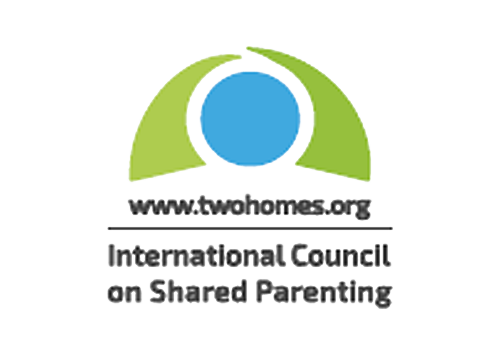

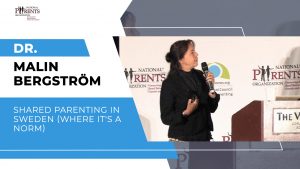
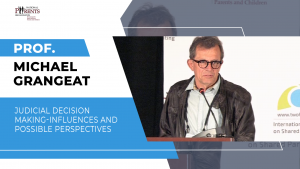
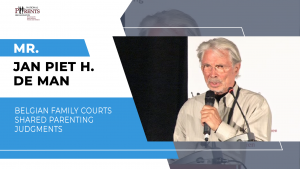
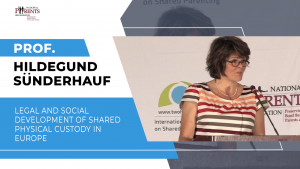

Reviews
There are no reviews yet.